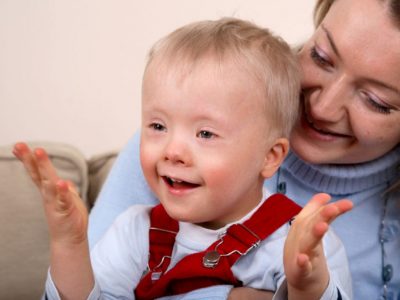It’s time for Canada to measure up on kids with disabilities

'As many as 850,000 children in Canada are estimated to be living with a brain-based developmental disability.' (Dreamstime)
“The true measure of a nation’s standing is how well it attends to its children, including their health, safety, material security, education and socialization and their sense of being loved, valued and included in the families and societies into which they are born,” according to UNICEF. Yet how can we measure our nation’s standing when we have stopped measuring the health and wellbeing of our children, particularly those with disability?
Existing national population data is out of date, with the most recent data on Canadian children with disabilities almost a decade old. Three of the four population-based disability surveys for children are no longer active, meaning we lack critical information on the often unmet needs of this group, as well as the out-of-pocket costs paid for by families.
In this dearth of information, how can we design effective policies and programs that improve the social, health, employment and economic outcomes for children with disability and their caregivers?
Take developmental disability. As many as 850,000 children in Canada are estimated to be living with a brain-based developmental disability. They face life-long challenges with mobility, language, learning, socialization and/or self-care, which impact their quality of life and create special challenges for their families. They also typically have poorer health, lower educational achievement, fewer economic opportunities and higher rates of poverty than children without disabilities.
The nature and needs of children with disability are diverse, varying from child to child, requiring unique combinations of targeted supports. Yet the lack of data means we know very little about how adequately existing services and supports are meeting – or failing to meet – their needs.
As Margaret Chan, former director-general of the World Health Organization, has said: “What gets measured gets done.” Better information on the nature and needs of children and youth with disability is essential for policymakers to predict and plan for improved provision of efficient, equitable and inclusive services and supports.
Better data will also allow for a deeper understanding of the education and employment requirements, how these influence important outcomes such as income, as well as challenges in accessing services for those with disability.
A few provinces are leading the way. Alberta established a child and youth data lab exclusively dedicated to understanding the impacts and policy needs that will optimize the well-being of its youngest citizens. The Manitoba Population Research Data Repository is a comprehensive collection of administrative, registry, survey and other data relating to Manitobans.
Source: The Star

